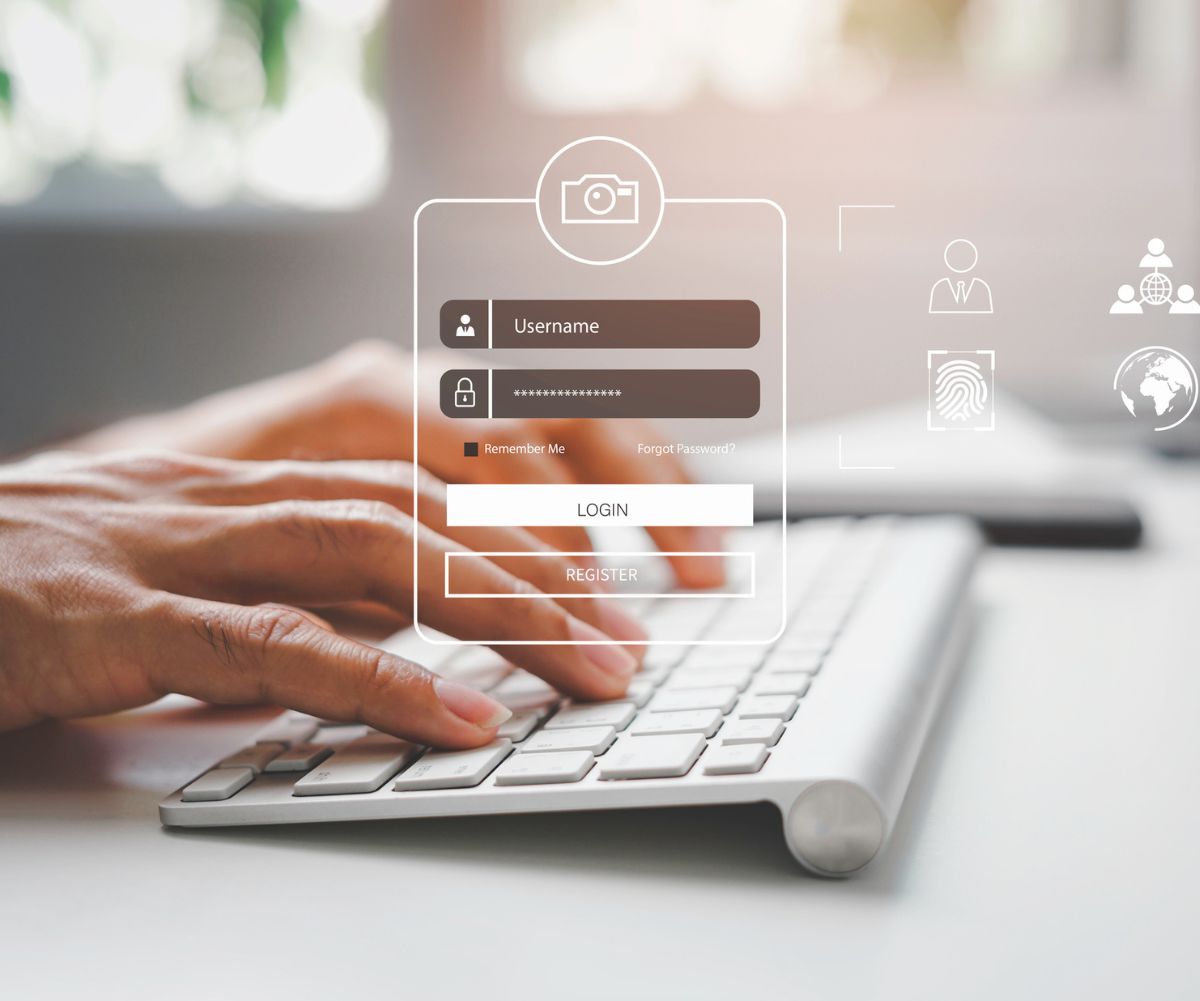Serious damage can occur when our information winds up in the wrong hands with scammers targeting innocent people in any way that they can. The recent Optus and Medibank data breaches are more proof that widespread scams and fraud are mounting. The government Attorney-General’s department estimates that identity theft, scams and credit card fraud cost Australians $900 million a year. But there are extra steps we can take to protect ourselves. Here’s how.

Widespread scams and fraud are mounting.
(Image: Getty)Get a password manager
Don’t make it easy for scammers to guess. Did you know one of the most common passwords is the word ‘password’? Another common one? 123456. Granted, they are easy to remember and none us can expect to recall all our passwords. Luckily, there are some great password manager solutions on the market. Finder.com.au compared a number on the market and found LastPass to be an excellent and affordable cloud-based password manager, and 1Password was singled out for being a flexible password manager that’s especially good for iPhone or Mac users. Both can generate passwords, as well as monitor accounts for security breaches. They also suggest changing weak passwords, and syncing your passwords between your computer and phone. They may seem difficult to set up, but once installed, it’s a breeze.

Protect your password.
(Image: Getty)Always choose multi-factor authentication
According to the Cyber Security Stakeholder Group (CSSG), a group comprising of the ATO, tax practitioner industry groups, government agencies and industry partners, we should all be using multi-factor authentication where possible. Multi-factor authentication requires users to provide multiple pieces of information to authenticate themselves – for example, a text message sent to your phone when logging in to a website. This additional layer of security on your accounts can make it harder for anyone else to access your account.
Consider a credit ban
Think your identity has been stolen? You can stop scammers taking out loans in your name by getting a credit ban. It’s a free service. Independent organisation that provides free support to individuals impacted by scams or fraud, IDCare.org advises that you can apply to Credit Reporting Agencies for a credit ban to stop people getting credit or loans in your name. The ban lasts 21 days and can be renewed. When a bank or credit provider is checking your suitability for credit, they will check with Credit Reporting Agencies and if someone tries to take out a loan in your name, the check will fail if you have put a ban on your credit report.

Consider a credit ban.
(Image: Getty)Keep your software up to date
According to the Australian Tax Office, instances of malicious software (malware) are increasing. It can be easy to accidently click on an email or website link which can infect your computer.
“In some instances, your device may be impacted by ransomware. Ransomware can lock your computer until you pay a fee to criminals install software which provides access to your bank accounts, allowing criminals to steal your money,” the ATO warns.
The answer? Protect yourself by installing the latest security updates, running regular anti-virus scans and using a spam filter on your email accounts. Run weekly anti-virus and malware scans and have up-to-date security software.
Talk to your bank
After the latest data breaches you may have noticed correspondence from your bank about increasing security. Westpac, for example, is asking for forms of ID to be presented. Ask your financial institution to add more checks so no one can pretend to be you. The Commonwealth Bank is recommending customers activate location-based security, set notification preferences and review registered devices – alerting you to any irregular activity on your accounts. Another good idea? Consider reducing your daily withdrawal limits if you’re concerned about your accounts at this time.









